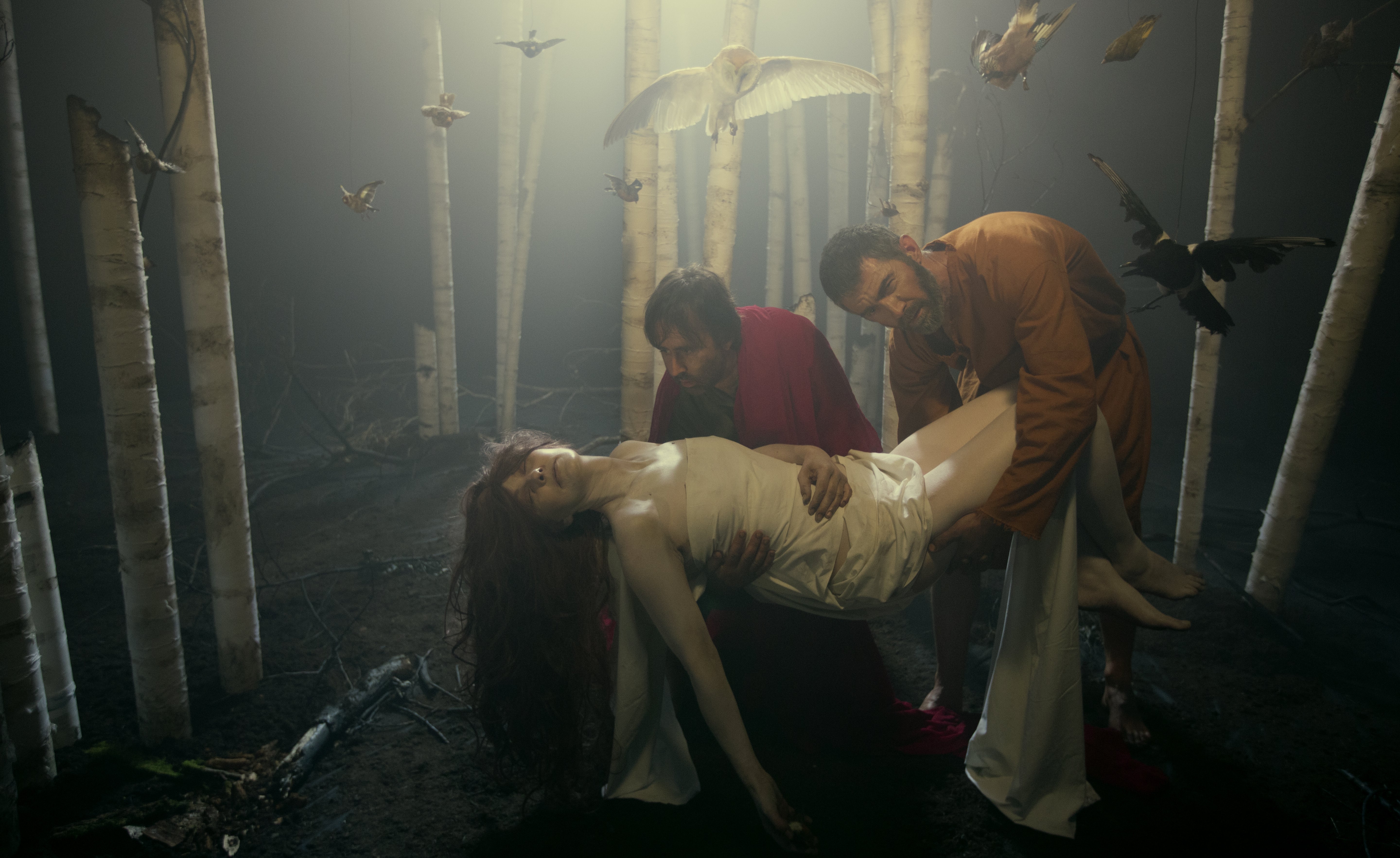‘I want people to feel uncomfortable’: Opening our eyes to the trauma faced by the Roma
For the Roma, the anguish of the past is part of a collective memory – it is the rest of us who turned away. Stephen Applebaum speaks to the creator of a new film called ‘The Deathless Woman’ who is seeking to amplify voices we should be listening to

Around 500,000 people were murdered in the Romani Holocaust, or Parajmos (“the devouring”), yet their stories and those of survivors are rarely ever heard. This is not only because the genocide was overlooked for a long time, Jonathan Lee, from the European Roma Rights Centre, told the charity EachOther, but because it was “actively silenced throughout Europe”.
By not being absorbed into the collective memory of the Nazi Holocaust, the genocide did not become a moral bulwark against the hostility, prejudice and violence that the Roma, Europe’s largest ethnic minority, have historically suffered.
Even today, as they try and flee the war in Ukraine, some of the country's 400,000 Roma have had their anguish compounded by institutional hostility and negative stereotypes. There have been reports of Roma being chased away from reception points and families not being allowed in cars and busses offering transport. In Moldova, they have found themselves dumped in ethnically segregated reception centres with poor living conditions, while many who arrived in Poland have struggled to find people who will rent homes to them. For the Roma, “never again” has a hollow ring.
Subscribe to Independent Premium to bookmark this article
Want to bookmark your favourite articles and stories to read or reference later? Start your Independent Premium subscription today.
Join our commenting forum
Join thought-provoking conversations, follow other Independent readers and see their replies